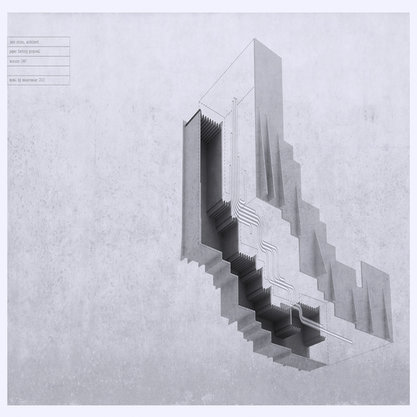Article
Selim, Jewad (1921–1961) By Shabout, Nada
Article
Born in Ankara, Turkey, Jewad Selim descended from an Iraqi family of artists. His father is Hajj Mohammad Selim, his sister Naziha Selim and brothers Suad and Nazar Selim, each an accomplished artist in their own right. One of the most prominent and influential figures in the formation of the Iraqi Modern art movement, Selim was awarded a government scholarship to study sculpture in Paris (1938–1939), in Rome (1939–1940), and in London at the Slade School of Art (1946–1949). In Baghdad, he was a founding member of the first art society in Iraq, the Society of the Friends of Art in 1941, a founding member of the Institute of Fine Arts in 1949, the Baghdad Group of Modern Art in 1951, and the Society of Iraqi Plastic Artists in 1956. He worked at the Baghdad Museum of Antiquities, where he spent several years restoring Sumerian and Assyrian reliefs. His most mature paintings date from the 1950s, after which he concentrated solely on sculpture. He headed the Department of Sculpture at the Institute of Fine Arts until his death. His style inspired the imagination of virtually an entire generation of younger artists and his influence is still evident today. Selim’s work evokes a shared humanity and defines a sense of historical identity and national character, which inspired many Iraqi artists to emulate his artistic methods.


